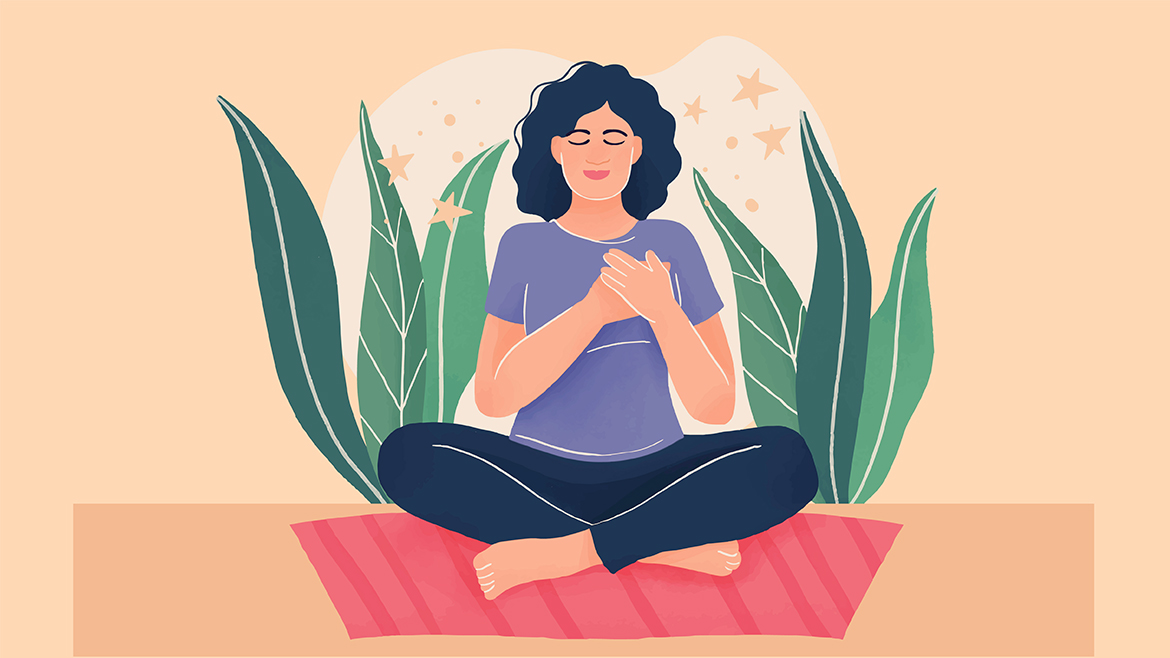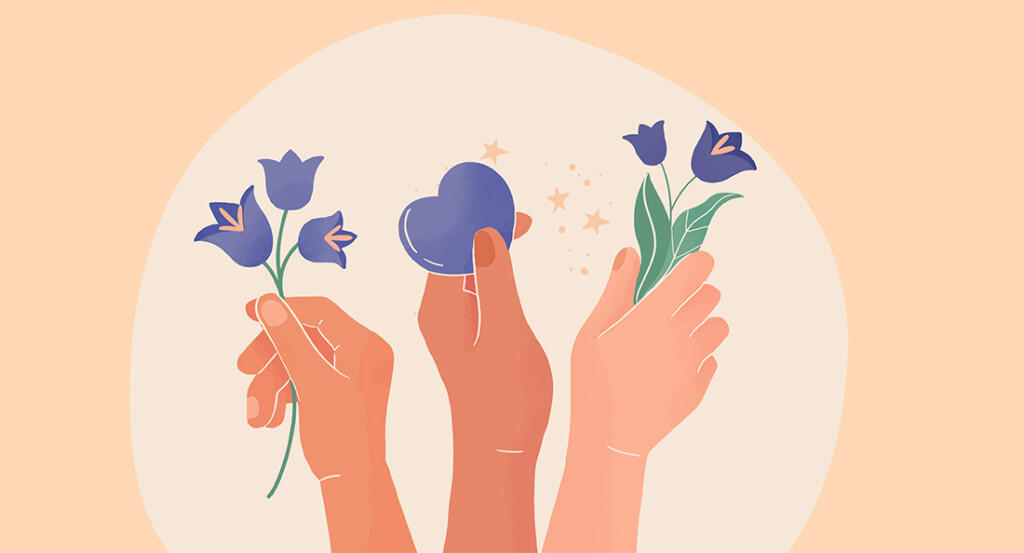The Power of Gratitude: Cultivate a Spiritual Practice of Thankfulness
(Based on the live discourse of Param Dwij)
(परम द्विज के प्रवचन पर आधारित)

Developing a grateful attitude is a powerful tool in human life that can increase happiness, generate loving and kindness in relationships, and, of course, inspire one to have an overall sense of well-being.
It has been observed that people who practice gratitude in their lives, focusing consciously, have a more incredible experience and a more balanced emotional and physical well-being than those who do not.
Gratitude is one of the noble emotions that is quite similar to appreciation, a sense of happiness and thankfulness in response to a fortunate occurrence in life or a priceless gift one has. It is both a state and a trait that one can feel for someone or something at a specific point in time, and it is perceived as a positive human characteristic.
There are some apparent benefits of the practice of gratitude in daily life.
- Strengthen self-control
- Provide happiness that lasts longer
- Help in achieving career and life goals
- Facilitate social well-being
- Facilitate better sleep and refresh morning
- Improve physical health
- Enjoy a healthy relationship with a compassionate soul
- Eliminate the symptoms of anxiety and stress
- Develop more tremendous energy, enthusiasm, determination and focus in life

With unfathomable meaning beyond a simple “thank you,” gratitude is a timeless and transformative emotion that has long been valued across cultures, religions, and traditions. It includes a profound recognition and appreciation for our blessings, abundance, and divine presence.
For those who desire abundance in life, happiness, bliss, tranquillity, and inner peace, gratitude can play a vital role in enlarging the size of the heart and moving people from limitation and fear to expansion and love. The ego dissolves, and people reach the stage of self-realisation – their connection to all souls. It makes people more aware of the present moment, allowing life to flow harmoniously with divine energy.
Param Dwij says gratitude is a virtue that cultivates a sense of appreciation, contentment, and seamless interconnectedness of all beings. He passes on a list of steps people can follow to harness an understanding of gratitude.

- The first thing people should do is to incorporate a daily gratitude practice into their routine and allot specific time to reflect on it in order to express gratitude for the blessings in their lives. This can be done through journaling, prayer, or silent reflection, and it will help people develop a sense of appreciation for all facets of life.
- Param Dwij encourages people to cultivate the capacity for gratitude despite difficult life experiences and to consider the lessons, chances for growth, and inner fortitude that result from circumstances. It will motivate people to practice resilience and spiritual growth in their daily life.
- People should express gratitude to those who have made a difference in their life, including loved ones, friends, mentors, and even strangers. An act of kindness and appreciation is said to uplift the recipient and deepen spiritual connection with others and cosmic energies.
- What if cultivating mindful awareness throughout the day becomes a universal human trait, forcing people to focus on the present moment? They can achieve this by using all their senses and appreciating the depth of each experience. We become more amenable to the blessings and gifts surrounding us, nurturing gratitude in our hearts by cultivating mindful awareness.
- The best way to cultivate gratitude is to simply walk in the lap of nature, absorb its aesthetics and abundance, and feel grateful for all that it adds to make life beautiful. To do this, spend time outside, observe the environment’s minute details, and develop a deep admiration for how interconnected all living things are to one another.
- Param Dwij emphasises that journaling is a good habit that people should adopt to record their gratitude in their daily life regularly. He advises taking a few minutes each day to think about and write down three to five things you are grateful for in life or on that particular day.

Param Dwij says emphatically, reminding people that cultivating a sense of gratitude is a whole journey that requires steady effort and practice without compromising anything that comes their way. In order to accept the process, people should practice self-compassion, cultivate an attitude of gratitude, and establish a stronger spiritual bond.



